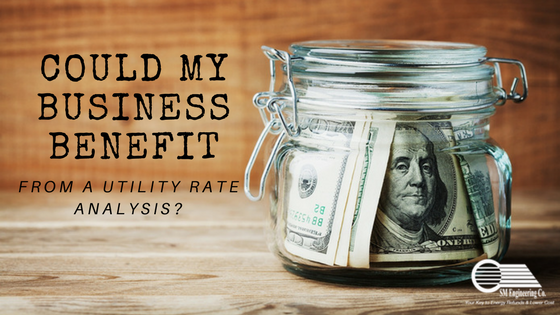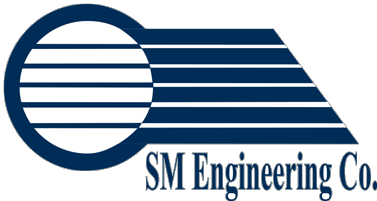
Energy audits are commonplace for residential and commercial facilities. While energy audits can help you save energy, they may not make a big difference on your utility bill. That’s because energy audits lower consumption, not rates. Here are few ways a utility rate analysis can help you save money, not just energy.
Correct Utility Billing Errors
Utility companies must consider many different factors when they put together your utility bill. Rates, tariffs, demand charges, revenue taxes, surcharges, fuel adjustments, reactive charges, and miscellaneous credits can all be miscalculated or misapplied to your bill.
The first step in a rate analysis is to reverse engineer an accurate bill based on current utility tariffs and reconstructing your bill based on your actual incremental rates. Comparing utility charges to the actual tariffs helps us uncover billing, meter reading, and computation errors quickly. Then, we take a look at credits and zone pricing. If we discover you’re not taking advantage of an available credit, we’ll apply for the credit for you.
Uncover Better Rates
Utility companies have dozens of rates for electricity, gas, and water usage. Without expert help, it’s difficult to know if the rate you’re paying is more advantageous for you or your utility company. You’re responsible for identifying and asking for the correct rate for your facility. Here are a few of the rate categories for electricity, gas, and water bills.
Electricity –small general service, general service, small general service TOD, general service TOD, and primary, secondary, and transmission line service.
Natural Gas – small volume, large volume, firm services, interruptible service, and economy-based gas pricing.
Water – basic charge, meter charge, consumption charge.
Save Money without Changing Your Usage Habits
Utility rate analysis often helps you save money without changing your consumption habits. Water meter size is a good example. The meter charge on your water bill is based on the size of your water meter. The bigger the meter, the higher the charge. Downsizing to a smaller meter doesn’t affect your daily operations but can save you thousands.
Sewer charges offer another opportunity for savings. If water leaves your facility in any other way aside from the sewer (ex: irrigation and cooling tower evaporation), you may be entitled to sewer charge savings.
Identifying proper rates, fees, and credits can help you save thousands of dollars on your annual utility bills. It all starts with a quick conversation with SM Engineering. Contact us today to schedule your no-obligation rate analysis.


